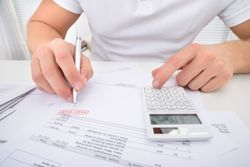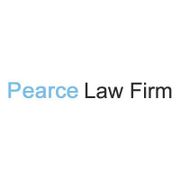
A medical emergency, job loss, or divorce can leave even the most financially responsible person struggling to meet their obligations. Falling behind on your debts can feel like a hopeless situation, potentially impacting your job performance, credit rating, and health. Fortunately, a chapter 7 bankruptcy may relieve the pressure and provide a second chance at life. Below is a brief guide to what this is and how it affects your assets.
Discharge Unsecured Debts
The average American has over $6,000 in credit card debt, which can become impossible to manage if they’ve missed payments or fallen behind. A chapter 7 bankruptcy eliminates liability for a wide range of unsecured debt, including credit cards, store accounts, medical bills, and most legal judgments. Even some back taxes can be discharged in a chapter 7, although any liens placed on your assets will remain. While this option doesn’t directly affect secured debts like mortgages or car loans, it can provide enough space in the budget to get those accounts back on track.
over $6,000 in credit card debt, which can become impossible to manage if they’ve missed payments or fallen behind. A chapter 7 bankruptcy eliminates liability for a wide range of unsecured debt, including credit cards, store accounts, medical bills, and most legal judgments. Even some back taxes can be discharged in a chapter 7, although any liens placed on your assets will remain. While this option doesn’t directly affect secured debts like mortgages or car loans, it can provide enough space in the budget to get those accounts back on track.
Work With an Attorney to Protect Assets
In exchange for eliminating financial liability, the court may seize some of your assets to pay back creditors as much as possible. However, the bankruptcy code exempts a wide range of personal belongings, including anything you use for work, a certain amount of home equity, and even some jewelry or family heirlooms. With the help of a skilled bankruptcy attorney, many petitioners achieve debt relief without surrendering any of their possessions.
Filing for chapter 7 bankruptcy protection can be overwhelming and confusing, which is why Foley, AL, residents rely on Pearce Law Firm for detailed legal guidance and professional service. For over 15 years, these experienced lawyers have helped people from all walks of life achieve relief from unmanageable debt. To speak with an attorney and schedule a no-risk consultation, visit the law firm online or call (251) 301-8250.
About the Business
Have a question? Ask the experts!
Send your question

